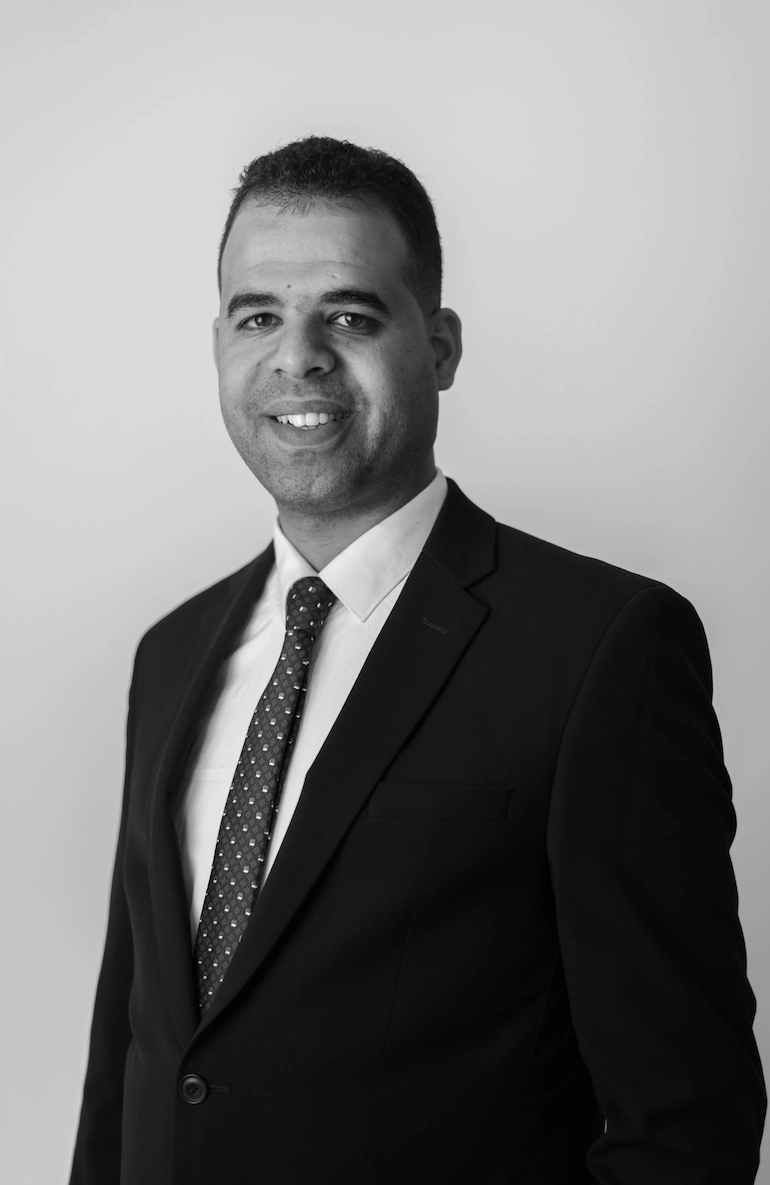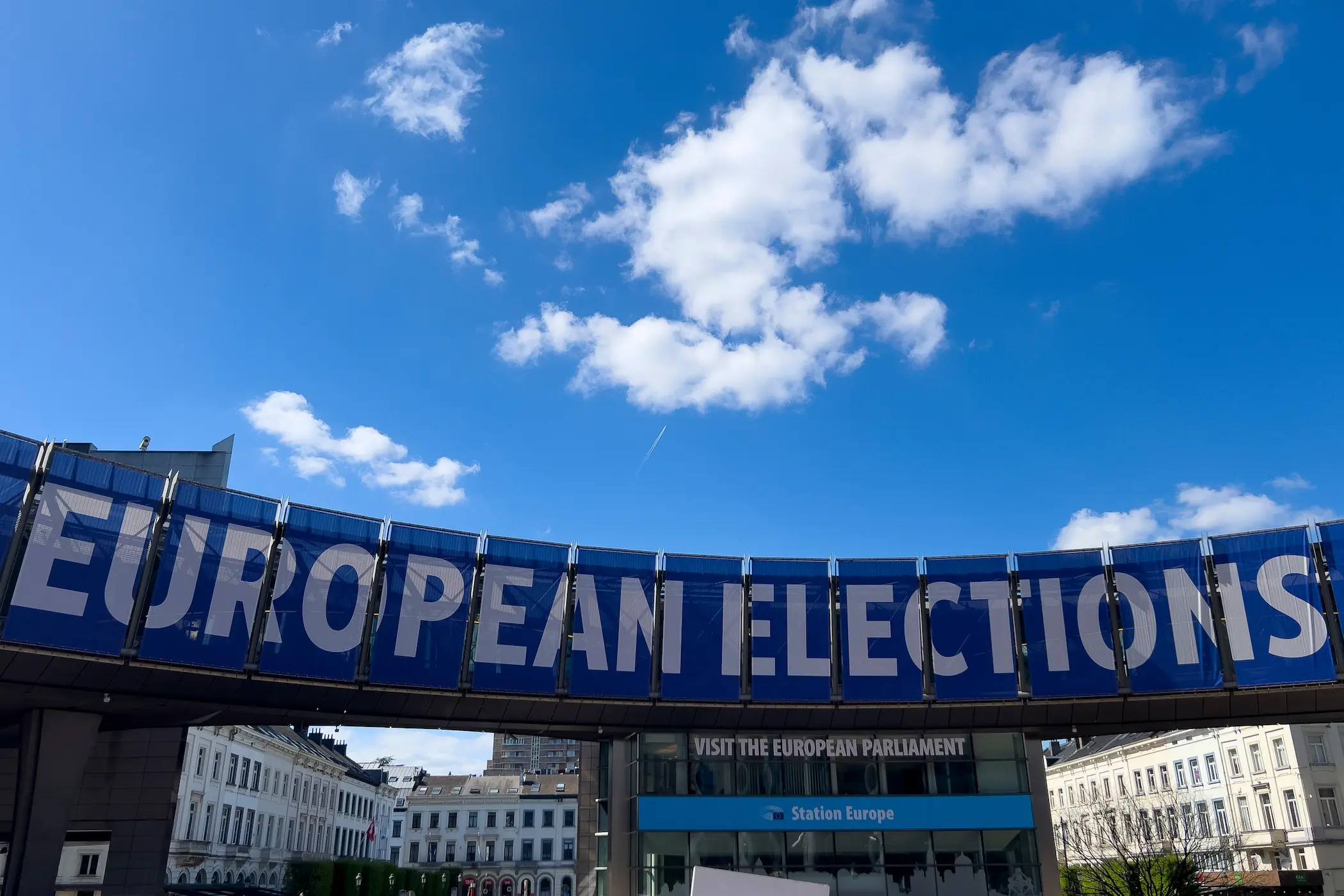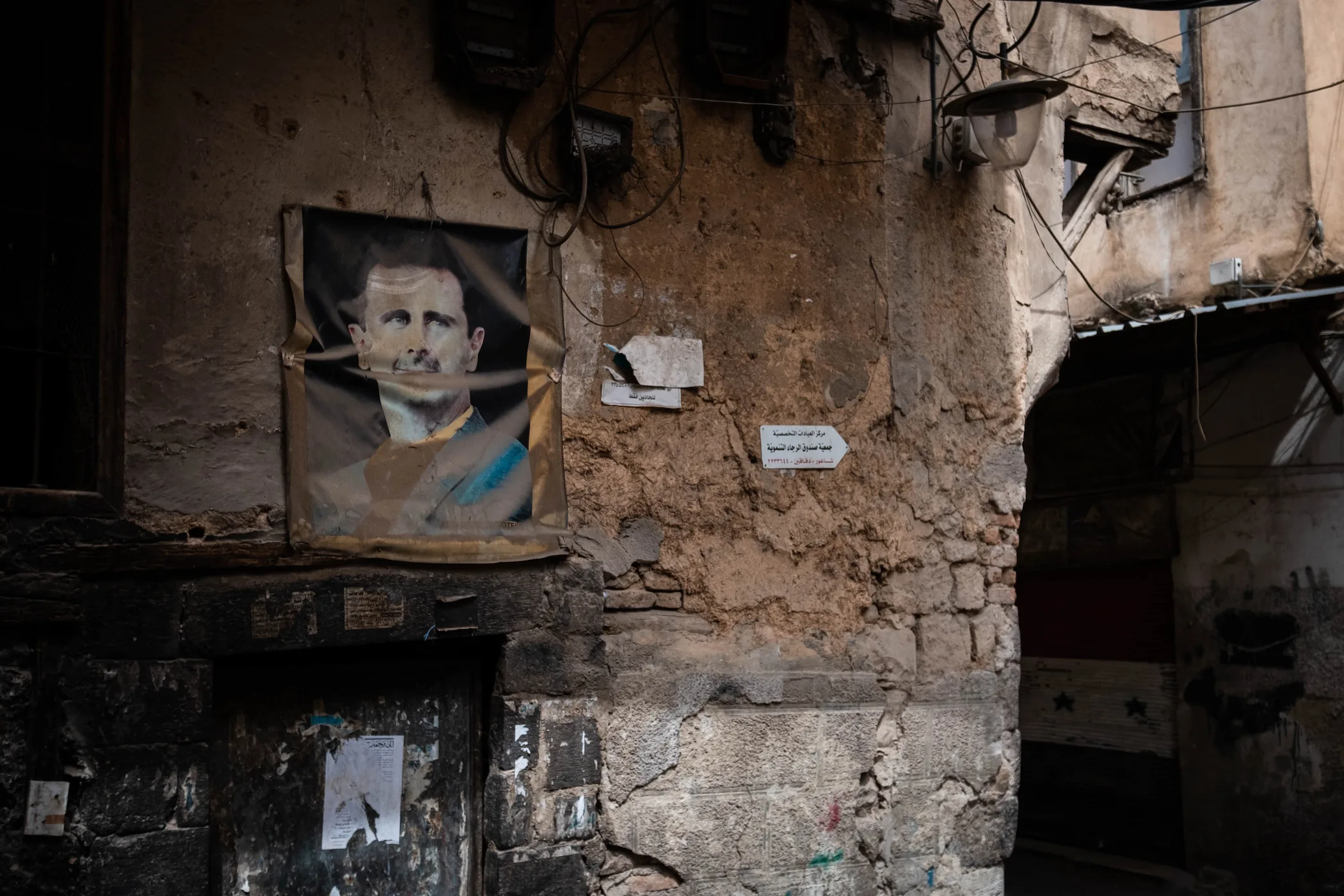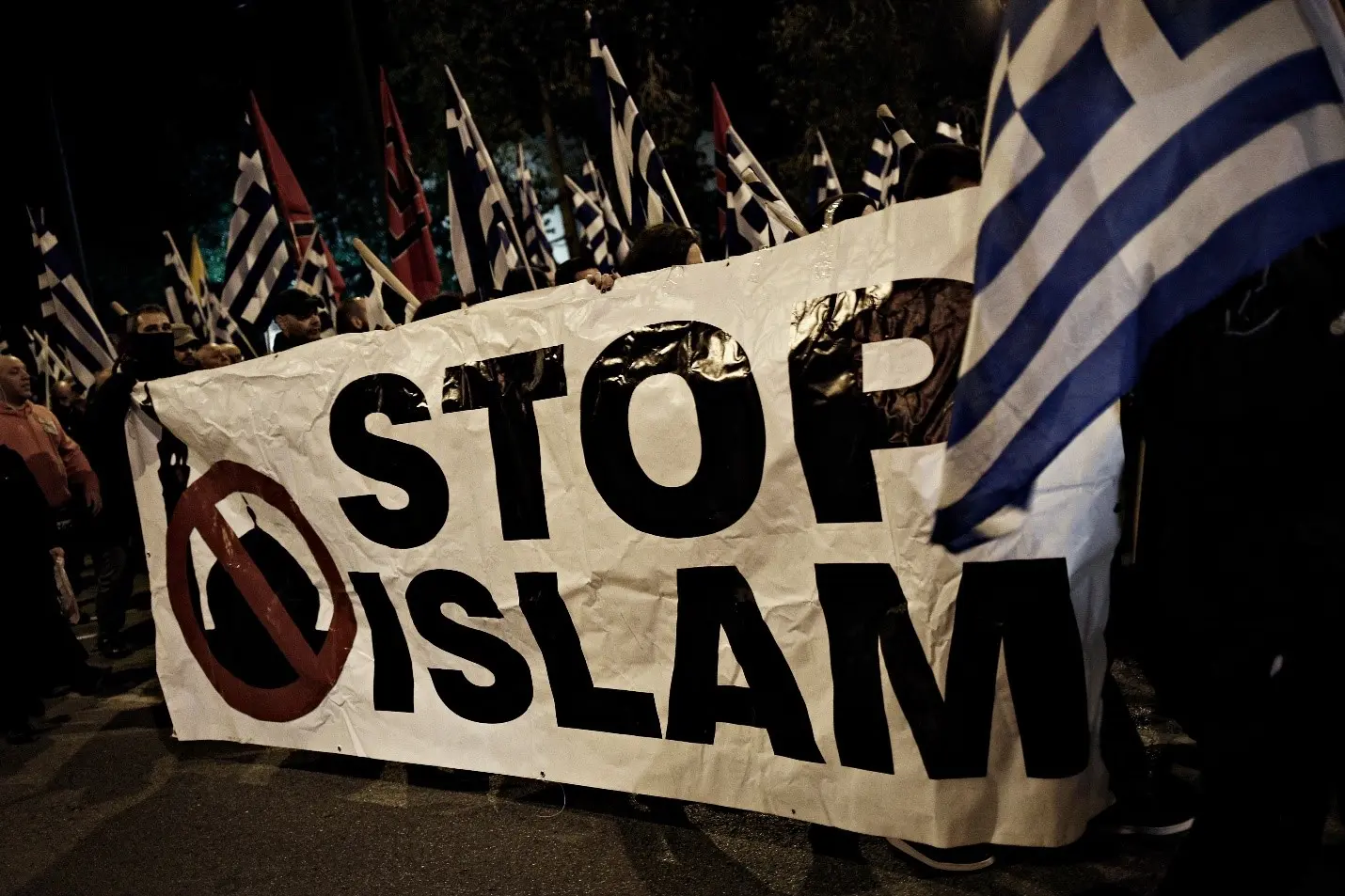The European Parliament (EP) has been embroiled in a series of corruption scandals, raising questions about the integrity of EU institutions. These events have led to increased scrutiny of lobbying activities, conflicts of interest, and the "revolving door" phenomenon. As the June EP election approaches, the scandals have further fueled anti-establishment sentiments and could potentially impact the election outcome.
“I appeal to you to resist the temptation to exploit this moment for political gain.”
A statement made in December 2022 by Roberta Metsola, President of the European Parliament (EP), in response to one of the bloc’s biggest corruption scandals, reveals a larger story about the politicisation of corruption in European politics.
An Institutional Response for an Institutional Problem
The 2022 EP corruption case uncovered a criminal organization that allegedly attempted to influence EU policy in exchange for money from countries like Mauritania, Morocco and Qatar. This resulted in the arrest of Greek Politician and now-former Vice President of the EP, Eva Kaili, and Italian Member of the EP Antonio Panzeri and quickly became a defining moment for Metsola, who vowed to weed out corruption and enforce tighter rules.
Among the measures initiated by the EP President to address and prevent future incidents of corruption, reforming transparency rules was at the top of the list. In 2023, parliament adopted stricter rules including a reinforced ban on “all MEP activities that would constitute lobbying.” Although it is a legitimate and often important component of the democratic process, lobbying can present serious ethical challenges, as highlighted by several notable scandals in EU politics. Dieselgate in 2015 revealed a troubling relationship between regulators and the automotive industry. The so-called Uber Files which exposed Uber’s suspicious lobbying efforts and led to the investigation of former EU digital affairs commissioner Neelie Kroes also demonstrate that the bloc struggles with transparency.
Building on this, the 2023 measures also included an expanded definition of conflicts of interest in the Code of Conduct for MEPs and better rules on relevant public declarations, especially input or suggestions from external actors and the existence of any conflicts of interest. For context, the latest 2024 income declarations show that around 70% of the 705 MEPs have some sort of side activity and that 82% of the external activities declared were board memberships, including those of companies registered on the EU lobby register or that have previously drafted legislations relevant to their sector. An independent ethics body was also established to oversee compliance with these new rules. Additionally, stricter regulations on “revolving doors” were implemented to prevent conflicts of interest for MEPs and senior officials post-tenure.
“A Socialist Problem?”
However, the full implementation of the new regulations would not come until March 2024 and, before that, investigations following the Eva Kaili scandal were ongoing. Around 15 key figures were implicated in the scandal throughout 2023, including MEPs Marc Tarabella and Andrea Cozzolino – the majority of which belonged to the centre-left Progressive Alliance of Socialists and Democrats (S&D). Metsola knew the political backlash was coming. Even though she sits on the centre-right side of the political spectrum, the ostracization of the left and a subsequently more emboldened right would make the EU “ungovernable,” in the words of the head of the liberal Renew group.
Indeed, many Eurosceptic and far-right leaders did not miss the opportunity to call out the establishment. Leaders such as Hungary’s Viktor Orban and France’s Marine Le Pen were quick to address the scandal and hypocrisy of the situation. The centre-right European People’s Party (EPP), of which both Metsola and European Commission President Ursula von der Leyen are key members, also used the scandal for political gain except their attack was directly targeted at the S&D who they said was at the centre of the scandal. “Their lecturing on rule of law has now been proven to be hypocritical,” reads another tweet on the political group’s official X —formerly Twitter— account. The EPP’s secretary-general, Thanasis Bakolas, also said in an interview that the scandal was “a socialist problem.” Some considered this unorthodox political play for Brussels where most infighting happened behind the scenes. However, many EPP members cautioned against this approach which, in the fast-paced world of politics, can easily backfire.
Good morning to the European Parliament! @Europarl_EN pic.twitter.com/VYXGeSOwul
— Orbán Viktor (@PM_ViktorOrban) December 12, 2022
The European Parliament is a Glass House
Perhaps faster than anyone expected, the tables turned on the EPP when just months later Mario Voigt, one of the centre-right Christian Democratic Union’s (CDU) leaders in Germany, was investigated over suspicion of corruption in business dealings. The investigation was in relation to the EPP’s 2019 digital political campaign, which he was hired to manage. However, the S&D response to the EPPs was quieter with one S&D official anonymously saying this was their “karma” and another MEP publicly stating that they had to clarify what was happening and consequences had to be taken if European or national law was breached.
Unluckily for the right side of the spectrum, the trouble did not end there. The corruption scandals placed parliamentary activities under the spotlight and put the executives on high alert. In June 2023, Corporate Europe Observatory, Transparency International EU and other civil society organizations raised concerns about the potential conflicts of interest regarding MEP Axel Voss (of the CDU) whose role in parliament focuses on issues related to data protection and artificial intelligence. They particularly flagged his paid side activities with a German law firm working on data protection law and German telecommunications company Deutsche Telekom, the latter with whom he allegedly held two meetings, which disappeared from his online declarations, in relation to an EP report on “Artificial Intelligence in a Digital Age.” It is important to note here that until March 2024, President Metsola’s office maintained its refusal to disclose whether the complaints had been submitted or not or what their outcomes were.
However, these two incidents did not garner as much attention as the latest scandals of 2024. Just months ahead of the June EP election, Maximilian Krah, MEP and far-right Alternative for Germany (AfD)’s lead for the upcoming election, was accused of receiving funds from Russia and China. His aide, Jian Guo, a German citizen of Chinese origin, was arrested in Dresden Monday, 23 April, and accused of spying for China. Bribery allegations also surfaced about Petr Bystron, the second on AfD’s candidate list, who was accused of receiving 25,000 euros from the pro-Russian network Voice of Europe. Whether the allegations emerge as true or not, the repeated scandals have led to a decline in support for the AfD. Left and centre-left candidates, including S&Ds Katarina Barley and the European Green’s Terry Reintke, have also commented on the far-rights mishaps, calling for a tougher crackdown on infiltrators and actors involved with autocratic powers.
A Recurring Pattern
Though the frequency and size of these scandals seems unprecedented, the EP has a history of similar cases – many which emerge right before elections. In May 2019, just days ahead of the EP a video was released by German media outlets showing Heinz-Christian Strache, the then-leader of the right-wing Freedom Party of Austria (FPÖ), and another party member meeting a woman posing as a wealthy Russian investor on the Spanish island of Ibiza in 2017. In the video, Strache appeared to offer government contracts in exchange for political support. The scandal, dubbed Ibizagate, led to Strache’s resignation as FPÖ leader and Vice-Chancellor of Austria, and it triggered a political crisis in the country, resulting in the collapse of Austria’s coalition government, which was composed of the FPÖ and the Austrian People’s Party (ÖVP), led by Chancellor Sebastian Kurz.
French, German and Italian MEPs on both the left and right were outspoken about the scandal with one common idea: the dangers of far-right populism and their foreign connections as well as the need for stronger regulations. Despite this, the ÖVP still secured a substantial victory in the EP elections with 34.9% of the vote, an increase of 8 percentage points compared to the 2014 elections – a testament to the far-rights capacity to manoeuvre through EU politics.
The MP’s Expenses Scandal in the United Kingdom in 2009 was another scandal that contributed to the growth of anti-establishment sentiments and a decline in support for mainstream political parties. It came to light when The Daily Telegraph began publishing leaked information about MPs’ expense claims, revealing instances where MPs had used public funds for personal expenses, including items like moat cleaning, duck houses, and extravagant home renovations. Perhaps because the MPs implicated in this scandal fell on both sides of the political spectrum, it’s effect on the 2009 EP elections was an increased support for smaller parties and candidates with an anti-establishment stance. Even Nigel Farage’s (infamous far-right Brexit leader) campaign attacking MPs for their “extravagance” only got his party so far after footage of him boasting about receiving more than £2 million in MEP allowances emerged. Still, his party, the U.K. Independence Party won 32 seats, almost on par with the French Left party.
For decades scandals have disillusioned European voters, leading them to question their support for the parties involved. This is often exploited by political groups who highlight the scandals as evidence of a systemic problem within the established political order. While this strategy has often been effective at drawing votes for “alternative parties” it is not certain to continue being the case especially when the integrity of the establishment as a whole is questioned.
Where Does It All Lead?
The Parliament’s last meeting before the June election left many issues regarding the new EU ethics body unresolved. The institutional response to corruption, which should ensure that eight EU institutions subscribe to binding ethical standards, effectively has no autonomous investigative or sanctioning powers, meaning that it can issue opinions on perceived misconduct but without any consequence for non-adherence. Many MEPs have also rejected the idea of banning paid side jobs. The Council of Europe’s decision to opt out of the agreement altogether is just the cherry on top of a wave of resistance that brings with it new points of friction in the bloc’s politics. Attempts to keep the peace ahead of the election hints that the first few months of the new parliament will be quite tricky and politically charged.
Nonetheless, the far-rights spying scandals effect on partisan strife should not be underestimated. If anything, if played correctly, they could be the missing piece of the puzzle that unites the centre-left and centre-right. However, even that would only be a temporary remedy for a larger problem that the EP will soon have to face. That is, citizen’s eroding trust in Parliament which, as a result of the latest track record, is now a problem for left, right and centre.
References
Reporter, Guardian Staff. 2022. “What Are the Uber Files? A Guide to Cab-hailing Firm’s Ruthless Expansion Tactics.” The Guardian, July 12, 2022. https://www.theguardian.com/news/2022/jul/10/what-are-the-uber-files-guide
Fanta, Alexander, and Peter Teffer. 2024. “EU Anti-fraud Report Says Uber’s Obstruction ‘Hampered’ Neelie Kroes Lobby Probe.” Follow the Money – Platform for Investigative Journalism, March 18, 2024. https://www.ftm.eu/articles/uber-follow-up-investigation-kroes
“Parliament Strengthens Rules on Integrity, Transparency and Accountability.” 2023. European Parliament. September 13, 2023. https://www.europarl.europa.eu/news/en/press-room/20230911IPR04919/parliament-strengthens-rules-on-integrity-transparency-and-accountability
Blenkinsop, Philip. 2024. “Far-right Rise Could Make Europe Ungovernable – EU Liberals.” Reuters, January 9, 2024. https://www.reuters.com/world/europe/far-right-rise-could-make-europe-ungovernable-eu-liberals-2024-01-09/
Mathiesen, Karl. 2023. “EU Corruption Scandal ‘A Socialist Problem,’ Conservatives’ Boss Claims.” POLITICO, February 7, 2023. https://www.politico.eu/article/qatargate-eu-corruption-scandal-a-socialist-problem-conservatives-boss-claims/
Wax, Eddy, Gabriel Rinaldi, and Wilhelmine Preussen. 2023. “Corruption Probe Looms Over Europe’S Conservatives as Election Season Begins.” POLITICO, April 6, 2023. https://www.politico.eu/article/corruption-proble-europe-conservative-election-season-epp-qatargate/
“NGOs Condemn MEP’s Side Activities in Complaint on Conflict-of-interest Risk.” 2023. Corporate Europe Observatory. June 29, 2023. https://corporateeurope.org/en/2023/06/ngos-condemn-meps-side-activities-complaint-conflict-interest-risk
POLITICO. 2023. “German Polls, Trends and Election News for Germany,” October 8, 2023. https://www.politico.eu/europe-poll-of-polls/germany/
Ahmatović, Šejla, and James Angelos. 2024. “German MEP Embroiled in China Spy Scandal Refuses to Step Down.” POLITICO, April 24, 2024. https://www.politico.eu/article/far-right-german-mep-maximilian-krah-china-spy-scandal-eu-election/
Rayner, Gordon. 2009. “MPs’ Expenses: The Story That Changed Politics.” The Telegraph, May 6, 2009. https://www.telegraph.co.uk/news/newstopics/mps-expenses/5331989/MPs-expenses-the-story-that-changed-politics.html
Jones, Mared Gwyn. 2024. “After Scandal-stained Term, Measures to Clean up the European Parliament’s Act Watered Down.” Euronews, April 26, 2024. https://www.euronews.com/my-europe/2024/04/26/after-scandal-stained-term-measures-to-clean-up-the-european-parliaments-act-watered-down



















Comments